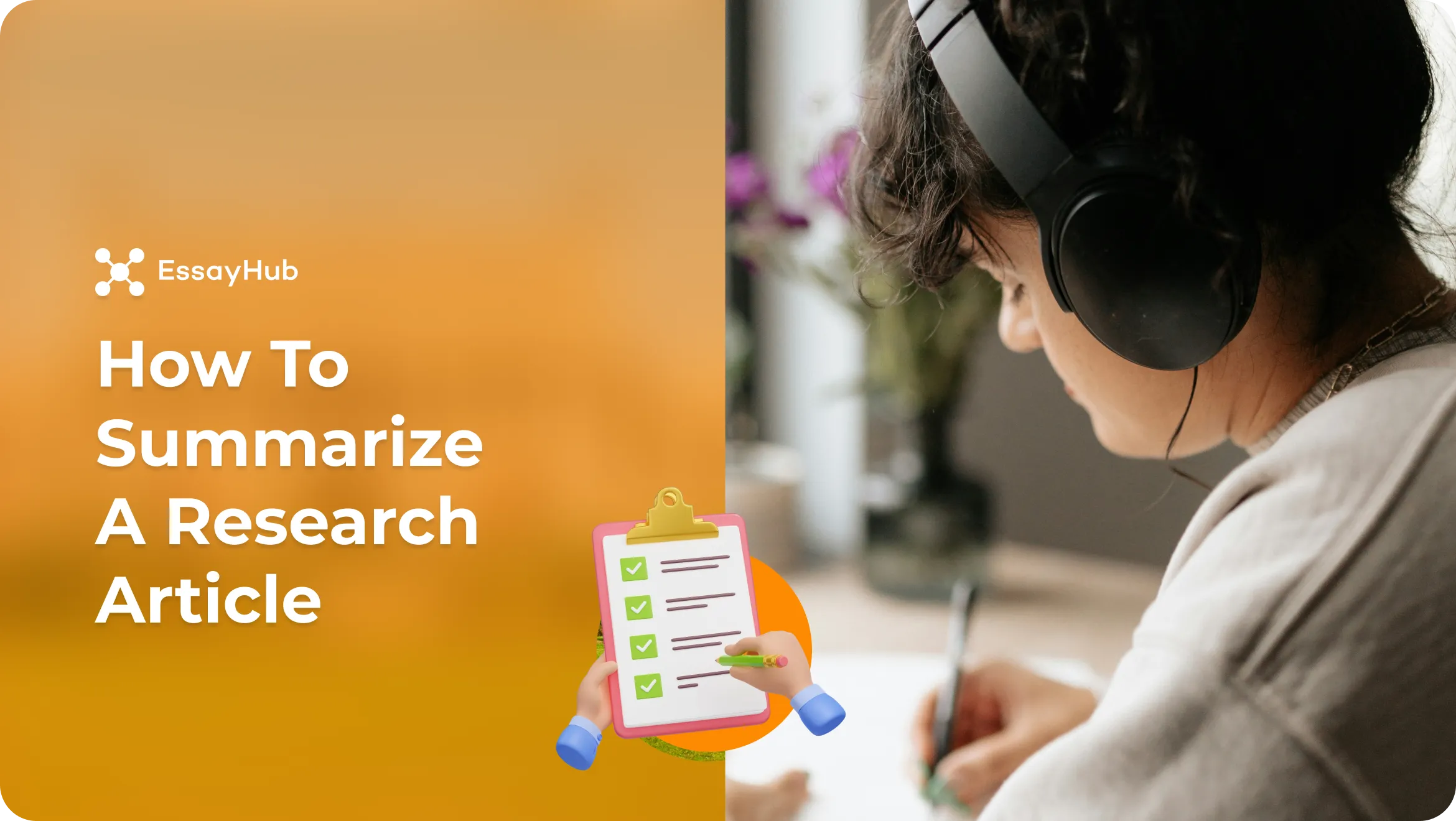Poetry is often mysterious. The more you read, the more meaning you find behind those words that seem simple at first glance. No words are chosen by accident. Here are the literary devices and elements poets use to speak to the reader:
- Figurative language
- Meter
- Rhyme and rhyme scheme
- Theme
- Tone
- Structure
- Sound devices
- Imagery
This article will cover these eight important poetry elements that every student should know. If you're working on a poetry assignment and have no idea where to start, EssayHub can always step in. Our reliable essay service gives students the writing support they need to make the writing process more rewarding.
Elements of Poetry And What They Tell Us

Poems rely on certain elements that aren’t always obvious at first. These elements are responsible for how the poem sounds, but they also determine the feelings these lines leave behind. They do that very heavy lifting that might go unnoticed to the untrained eye. Anyone who knows how to look, though, knows just how important they are. If you're working on a literary analysis essay, these eight elements of poetry will help you explain how the poem works.
Figurative Language
Figurative language says the unsayable. Ordinary words simply aren't enough sometimes to communicate what we feel on the inside. No one is a stranger to this feeling, including the poets. So, they trade plain speech for comparisons and overstatements that hand those complicated emotions straight to the reader. Even a single phrase can be meaningful because it allows you to experience your emotions independently. Some of the most common forms of figurative language include:
- Metaphor: The classroom was a battlefield by noon.
- Simile: Her laughter was like wind chimes on a breezy day.
- Personification: The old house groaned with each passing storm.
- Hyperbole: I waited forever in that line.
Meter
There’s a reason some poems feel like they’re moving beneath the surface. That’s what a meter does. It’s built from patterns that create rhythm you can't always explain but definitely feel. Some syllables fall softly, others hit a bit harder. Your ear still often hears it, even if your mind doesn't.
- Iambic pentameter: This is a ten-syllable line with every second syllable stressed.
'Shall I compare thee to a summer’s day?' - Trochaic tetrameter: This has eight syllables, with the stress on the first syllable of each pair.
'Tyger Tyger, burning bright.'
Rhyme and Rhyme Scheme
Sounds meeting at the end of a line create rhyme. How those meetings are arranged is the rhyme scheme. It can be tight and predictable, like a steady heartbeat. Other times, it makes you pause because it's so unexpected. Either way, rhyme adds weight. Or slows things down.
- Couplet: Two lines that rhyme back-to-back.
The fire’s warm glow lit up the night,
While shadows danced in silver light. - Alternate rhyme (ABAB): Every other line rhymes.
The leaves fall slowly from the trees
And gather in the street below,
The wind picks up and starts to tease
The world with flakes of early snow.
Don’t forget to match with one of our professional writers and pay for essay if you want papers you can submit with pride.
Theme
The theme is the main idea of a poem, hanging behind every word even if you can; put your finger on it directly, but it hangs behind every word. You can definitely feel it. The theme is the current that carries a poem, or the truth it wants you to sit with. It's what sticks after the last line, even when you don't notice it. Here are some common examples:
- Poems about memory and childhood
- Reflections on love, heartbreak, or longing
- Thoughts on time, nature, or human connection
Tone
Tone is the mood in the room. It is the way that the poem delivers its message. Tone dictates whether the poem feels lighthearted and calm or heavy and bitter. You feel it in the rhythm and punctuation. Even the selection of one word instead of another contributes to the tone. And just as you think you're getting used to it, the tone can shift. Let's take a look at some examples:
- Joyful: The lines feel energetic and light
- Solemn: The pace slows down; the language feels serious or heavy
- Ironic: The poet says one thing but means something very different
Structure
The words are important in the poem. So is how these words are laid out on the page. The structure of the poem is responsible for how it's organized. It determines where the lines break or even which poetry forms the poet leans on. The structure might not jump out straight away, but it still controls how each part lands with the reader. Here are some common examples of structure:
- Sonnet: A 14-line poem that is often written in iambic pentameter with a specific rhyme scheme
- Haiku: A 3-line poem with a 5-7-5 syllable structure
- Free verse: A form with no fixed rhyme, rhythm, or line length
Ask our human professionals to write essays for money whenever you feel stuck with your deadlines.
Sound Devices
Poets know how to make you hear the poem in your head without reading it out loud. They use sound to create movement and silence between the lines. These choices pull the reader's focus to specific moments. Sound devices might not sound that important, but they're more powerful than you think. They’re the reason a line can echo even after you’ve moved past it. These are some common sound devices:
- Alliteration: Repeating the same starting sound in multiple words
The silver sea silently swept the shore. - Assonance: Repeating vowel sounds inside nearby words
The mellow yellow bell echoed through the hall. - Consonance: Repeating similar consonant sounds in the middle or end of words
The ship slipped past sharp cliffs.
Imagery
Imagery makes the poem feel real. Any famous author uses it to create mental pictures in the reader's mind. With just a few lines, imagery can speak to your senses - what you see, hear, smell, touch... and it lets you experience a scene as if you were there yourself. A poet needs just a few right words to make imagery work in their favor. It’s how a quiet backyard or a single snowflake suddenly feels close and alive. For example:
- The scent of cut grass lingered in the summer air, thick and sweet like honey.
- Ash fell like snow, soft and slow, coating every rooftop with silence.
What Poetry Leaves Behind
It's worth stepping back to see how everything connects before you close the page. The poetry elements we just covered are what make the poem breathe. They also make your own writing more thoughtful. Let's review the main points once again:
- Each poetry element adds something different to how a poem feels
- Rhythm, tone, sound, and structure all affect how the reader experiences the poem
- Seeing these details clearly makes both reading and writing poetry feel more natural
And if writing that poetry analysis essay still feels overwhelming, EssayHub can make sure you don't have to deal with everything on your own. You can always order essay online and rely on our professionals to get your thoughts on paper.
FAQ
Which Poetry Elements Matter Most in Analysis?
Theme and tone are often the most important places to start. The theme tells you what the poem is really about. Tone shows you how the poet feels about that subject.
What Is a Poetic Element?
A poetic element is a tool for giving poems meaning and emotional depth. These elements of poetry include devices like structure, tone, sound, and imagery.
- Chris, M. (2021). Poetry: The Structural Elements. https://www.sjsu.edu/writingcenter/docs/handouts/Poetry-The%20Structural%20Elements.pdf
- The Poem as Craft: Poetic Elements I. Overview and Definition of Poetic Terms. (n.d.). https://english.as.uky.edu/sites/default/files/ThePoemAsCraft_byWillowHambrick.pdf






